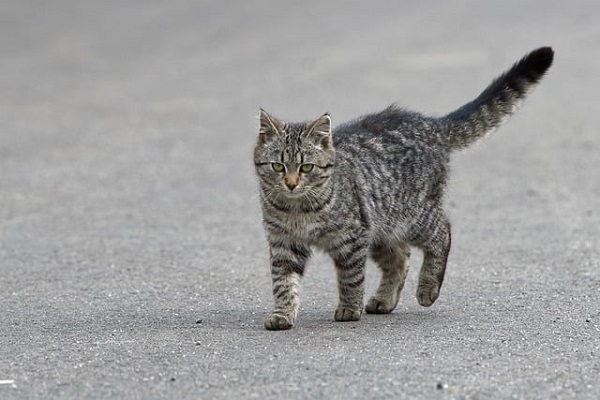 Credit: Pixabay
Credit: Pixabay
On Wednesday 27 March 2024, Luxembourg's Ministry of Agriculture, Food and Viticulture launched an appeal aimed at preventing an increase of the stray cat population in the Grand Duchy.
In consultation with the Lëtzebuerger Déiereschutzliga ASBL, Martine Hansen, Luxembourg's Minister for Agriculture, Food and Viticulture, has called on cat owners to help combat the proliferation of stray cats.
The ministry recalled that an unwanted litter often leads to the cat and/or kittens being abandoned. A female cat is generally capable of having kittens up to twice a year, with an average of two to six kittens per litter. According to the ministry, more and more "overwhelmed" owners are abandoning their animals, who are then left to fend for themselves and may die, often because of their age, a lack of food or from growing up in poor conditions. The reproduction of these abandoned cats is also a growing problem, said the ministry, recalling that animal shelters are already overcrowded.
The Luxembourg Veterinary and Food Administration (ALVA; within the ministry) pointed out that castration or sterilisation of cats prevents involuntary reproduction and is therefore an act of animal protection and welfare. The ministry added that cats are domestic animals who cannot be left to fend for themselves without potential risk to their own health, but also to the community.
The ministry also recalled that the law of 27 June 2018 on the protection of animals and its appendices requires castration for any cat with access to the outdoors, with the exception of stray cats on farms.
The ministry thus "strongly recommended" that cat owners contact the attending veterinarian as soon as they acquire a cat in order to determine the right time for its castration as well as its compulsory identification (microchip) to avoid uncontrolled reproduction and its consequences.
Castration or sterilisation is thus considered an effective tool for combating and preventing the abandonment of animals as well as attacks on their well-being.








